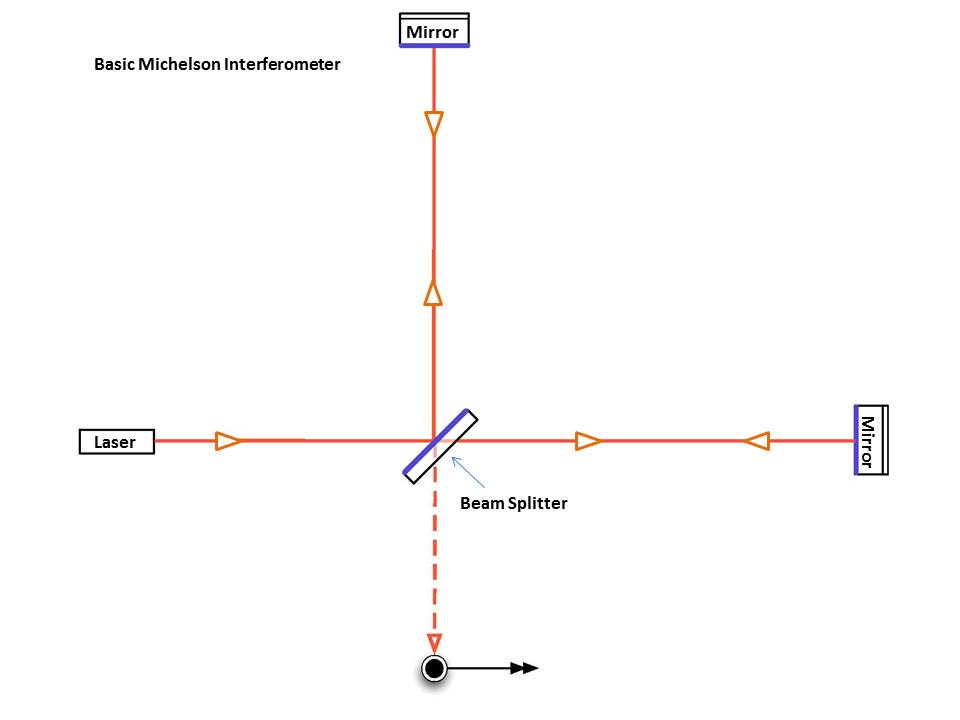Fizeau, Mach–Zehnder and Fabry–Pérot interferometers. Other examples of amplitude splitting interferometer include the Michelson, . The reliability of Michelson interferometers has tended to favor their use in space applications , while the broad wavelength . Interferometry devices have extensive applications in all branches of science, technology and medicine. A Mach-Zehnder interferometer is .
A gravity wave of suitable polarization arri.
Authors: Dahi Ghareab Abdelsalam and Baoli Yao.

The principles of interferometry are well establishe and varied types of interferometric apparatus have been devised. Applications of optical interference have already been studied for several hundred years. Moreover, even now, new measurement techniques employing interference phenomena are under development. The need of highly accurate wavelength measurements necessitates calibration and long-term stability in the measuring instrument. This article by Yokogawa discusses the applications of new wavelength meters.
Optical Fiber Interferometers and Their Applications. Ali Reza Bahrampour, Sara Tofighi, Marzieh Bathaee and Farnaz Farman. Sharif University of Technology.
This book provides the most recent studies on interferometry and its applications in science and technology. It is an outline of theoretical and experimental aspects of interferometry and their applications. The book is divided in two sections. The first one is an overview of different interferometry techniques . ANDERSON ABSTRACT Michelson interference method of measuring close double slars.
It is surprising that this method of accurately measuring angles as minute even as half the limit of . These are: (1) a point displacement method at Hz, (2) a shearographic fringe imager in the kHz frequency range, (3) a double probe interferometer for time-of- flight measurements in the low MHz frequency range, and (4) Fabry-Perot speckle interferometer for measurement of relative displacement amplitude also in the . Fizeau interferometer is shown as it might be set up to test an optical flat. The Mach–Zehnder interferometer was developed by the physicists Ludwig Mach and Ludwig Zehnder. As shown in Figure it uses two separate beam splitters ( BS) to split and recombine the beams, and has two outputs, which can e. The optical path lengths in the two arms may be nearly .
No comments:
Post a Comment
Note: only a member of this blog may post a comment.